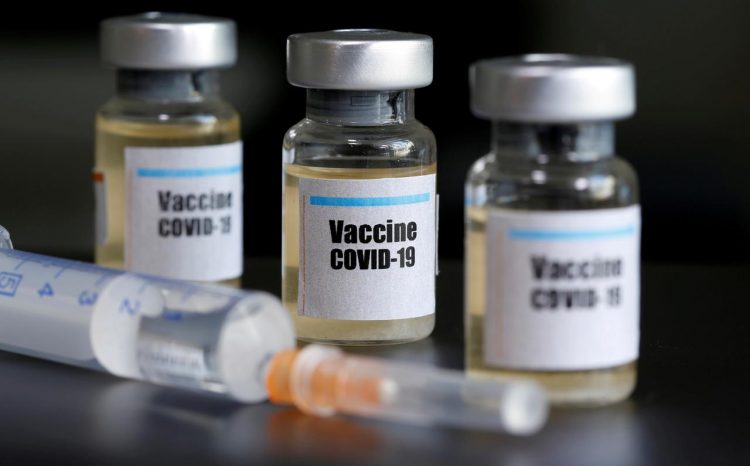Recent series of test carried on mice with Moderna Inc’s COVID-19 showed hope that it may not increase the risk of more serious diseases and that one dose may provide protection against the COVID-19 virus.
According to a report by Reuter, prior test using the vaccine for SARS – a close cousin to the COVID-19 virus shows vaccines against such kind of virus might have an unexpected effect of causing more serious disease when the human vaccinated is exposed to the pathogen at a later phase, especially in humans who do not have strong immunity.
“This is the barest beginning of preliminary information,” said Dr. Gregory Poland, an immunologist and vaccine researcher at the Mayo Clinic who has seen the paper, which has yet to undergo peer-review.
Moderna said lately it plans to begin the final trials enrolling about 30,000 people next month.
Using Moderna’s COVID-19 vaccine on, mice receiving one or two shots of different doses including doses considered not potent enough to facilitate a protective immune response. Lan scientists then exposed the mice to the virus.
“Sub protective doses did not prime mice for enhanced immunopathology following (exposure),” Dr. Barney Graham of the Vaccine Research Center at NIAID and colleagues wrote in the manuscript, posted on the bioRxiv website.
Further testing shows the vaccine enables antibody responses to obstruct the virus from infecting the mice cells.
The COVID-19 vaccine also showed signs of protection against infection by the COVID-19 virus by shielding vital organs such as the lungs and noses without side effects, the research team wrote.
They stated that the mice which collected just one dose before exposure to the COVID-19 virus seven weeks later were completely immune against lung viral replication.
“At first glance, it looks promising in inducing neutralizing antibody protection in mice,” Dr. Peter Hotez, a researcher at Baylor College of Medicine said in an email. He had not reviewed the paper in detail.
“The results, such as they are presented, provide interesting data that are reassuring … This needs to be replicated and it needs to be peer-reviewed,” he said

 Health & Fitness4 days ago
Health & Fitness4 days ago
 Aviation7 days ago
Aviation7 days ago
 Aviation5 days ago
Aviation5 days ago
 Aviation5 days ago
Aviation5 days ago
 Aviation5 days ago
Aviation5 days ago
 Aviation4 days ago
Aviation4 days ago
 Featured2 days ago
Featured2 days ago
 News1 week ago
News1 week ago

